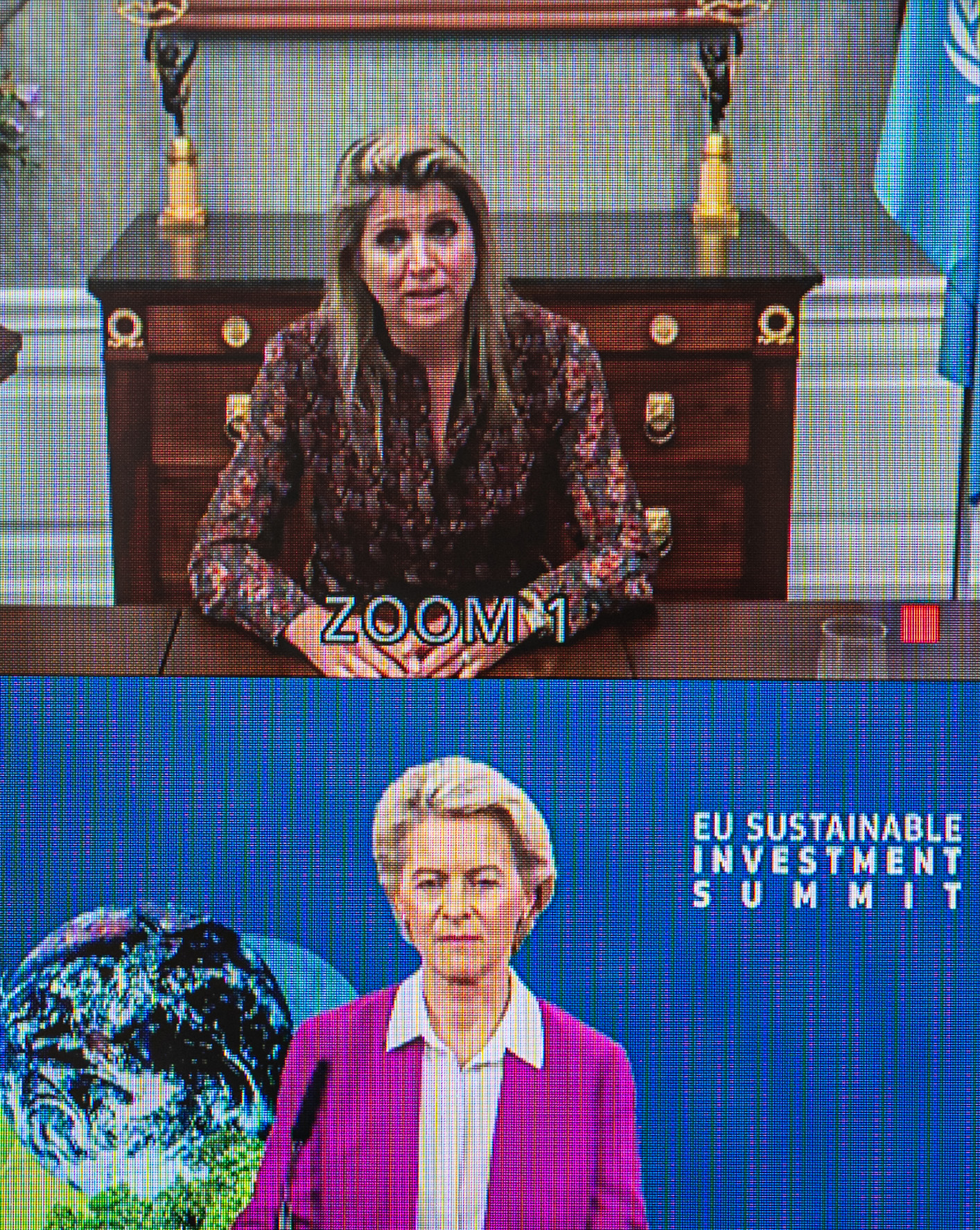Inclusive finance to build climate resilience for the most vulnerable
The green transition underway faces a big challenge: ensuring no one is left behind. H.M. Queen Máxima of the Netherlands addressed the social and economic dimension of sustainability in her speech at the EU Sustainable Investment Summit 2021, in which she participated in her role as United Nations Secretary-General's Special Advocate for Inclusive Finance for Development (UNSGSA).

Climate change disproportionally affects the vulnerable groups, who are more likely to rely on physical environments to sustain livelihoods and nourish their families. “They often depend on regular rainfall, live close to flood areas so they can access water, and lack capital to invest in adapting to this situation,” she explained after indicating that today drought and its effects on harvest has put 2.1 million people at risk of starvation in Kenya.
For Queen Máxima, ensuring access and use of quality financial services is key for better managing disasters and recovering from crises. “Formal savings accounts, for example, are linked with greater food security. Farmers with insurance are more likely to invest in their businesses and more able to mitigate climate risks. When women-led households adopt mobile money, increased savings and reduced extreme poverty has been observed,” she indicated.
Technology enabler innovations to mitigate climate change
To help vulnerable groups build financial health and climate resilience she highlighted the “transformational power” of technology enabler solutions that can help people understand the risks they face and how best to mitigate them. The Special Advocate referred to some examples of financial technology companies that give farmers detailed weather information and alerts based on satellite images and AI analytics, or that enable them to purchase climate resistance seeds and proper irrigation systems.
“By saving small amounts [of money] over time, farmers purchase scratch cards at mobile money agents to contribute to their digital savings, which they can start long before the planting season. When they reach their savings goals, they automatically get a delivery of the seeds,” she explained.
Queen Máxima also talked about a fin-tech in Uganda and Kenya that provides solar home electricity systems to off grid households through a pay-as-you-go model based on mobile money and remote sensors. “The same money customers used to buy their daily jerrycan of kerosene is now used to have a clean alternative and by the end of the third month they own this asset,” she emphasized.
The challenge of making fin-tech accessible and affordable
The challenge ahead is making these innovations meet the needs of the vulnerable. Most solutions are expensive and do not take into account the limited digital and financial literacy of customers. Infrastructure can also be an obstacle for the deployment of this technology. This is why Queen Máxima called for the need of “digital public goods. Some of these are critical for enabling access, such as connectivity, mobile phones, and agent networks available in even the most remote areas.”
“If people, SMEs and households do not have the right financial tools and have financial health, they will not be able to make the investments in sustainability we are all hoping for,” she concluded.
